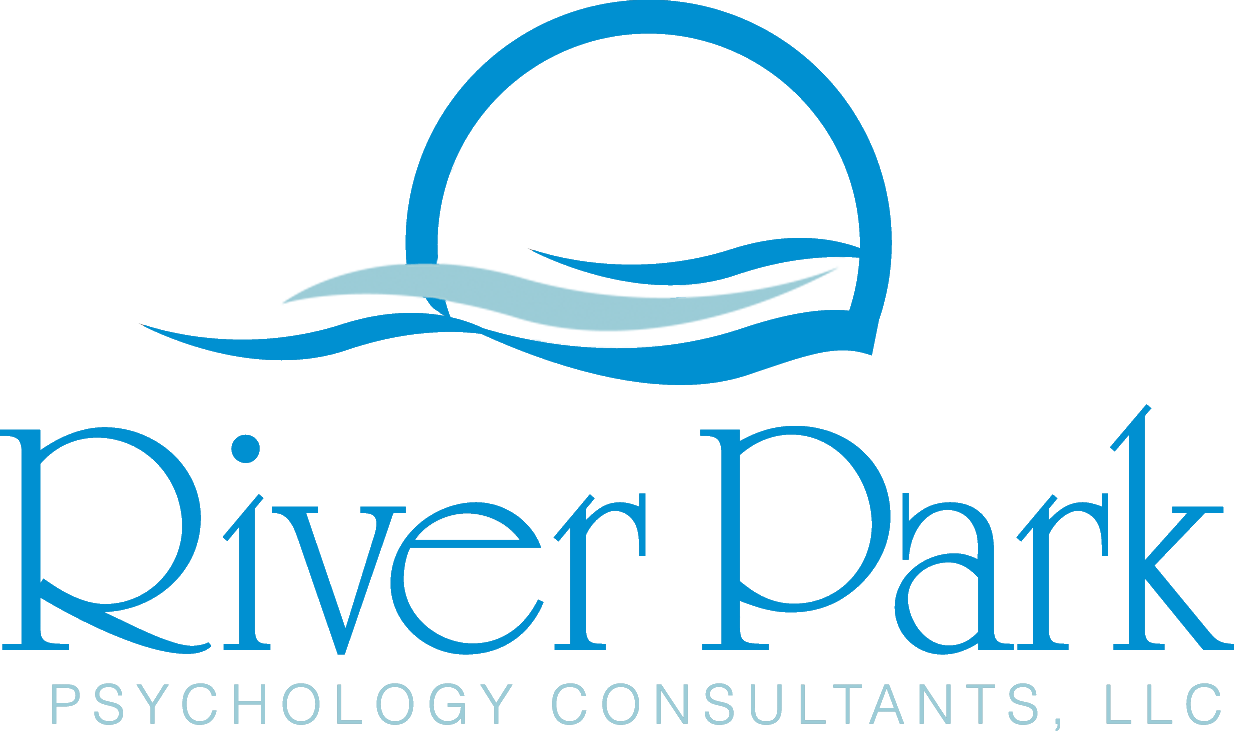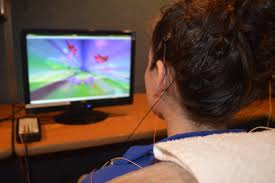The Signs and Symptoms of Autism
- By Molly Allen
- •
- 31 May, 2016
More than 3.5 million Americans live with an Autism Spectrum Disorder. Many people believe an ASD diagnosis means that autistic people should be institutionalized and forgotten. However, that’s far from the truth. For example, Dr. Temple Grandin was diagnosed as autistic in 1950 and her parents were told to institutionalize her. The now Professor of Animal Science at Colorado State University explained in her book Emergence: Labeled Autistic: “I have read enough to know that there are still many parents, and yes, professionals too, who believe that ‘once autistic, always autistic…’ however, I feel strongly that I am living proof that they can live normal lives.”
What is Autism?
According to the Mayo Clinic, “Autism Spectrum Disorder is a serious neurodevelopmental disorder that impairs a child’s ability to communicate and interact with others. It also includes restricted repetitive behaviors, interests and activities. These issues cause significant impairment in social, occupational and other areas of functioning.” In addition, the American Psychiatric Association’s Diagnosis and Statistical Manual of Mental Disorders (DSM-5) defines ASD as “a single disorder that includes disorders that were previously considered separate — Autism, Asperger’s Syndrome, Childhood Disintegrative Disorder and Pervasive Developmental Disorder not otherwise specified.”
Put simply, ASD affects how a child observes and socializes with others. While some children show signs of ASD in infancy, others may develop normally for a while, and then suddenly become withdrawn, aggressive or lose language skills. Therefore, it’s important to remember that each child is different.
According to Dr. Michael Ohlde, if you suspect that your child has autism, “the first thing to do is address your concerns with the child’s primary pediatrician. They will likely ask pointed, targeted questions regarding your child’s development, and potentially have you complete specific forms/checklists to obtain more information. If you are not satisfied with the information/services provided by the kid’s primary pediatrician,” Ohlde continues, “seek out a second opinion. It is unlikely that parents are concerned for no reason; parents know their children better than anyone else. If the parents are perceiving clues/cues that something is atypical about their child, they and the child benefit from understanding how/if the child is typical or not. When parents understand and have knowledge, they are more likely able to implement helpful changes. It might be necessary to obtain a more thorough psychological/neuropsychological evaluation of the child and his/her functioning. Depending on the provider, that might consist of the parents completing forms, a structured interview with the provider, and likely time between the provider and child one-on-one. A meeting following the evaluation will allow parents the opportunity to hear and process the results.”
There are also some things you can look for; if your child:
- Has poor eye contact and lacks facial expression
- Can’t start a conversation or keep one going, or may only start a conversation to make requests
- Fails to respond to his or her name
- Resists cuddling and holding and seems to prefer playing alone
- Doesn’t speak, has delayed speech, or may lose previous ability to say words or sentences
- May repeat words or phrases verbatim, but doesn’t understand how to use them
- Doesn’t appear to understand simple questions or directions
- Doesn’t express emotions or feelings and appears unaware of others’ feelings
- Inappropriately approaches a social interaction by being aggressive or disruptive
Most children with ASD are slow to learn and develop skills, and some have signs of lower than normal intelligence. Other children with ASD have normal to high intelligence, they learn quickly, but have trouble communicating and applying what they know in everyday life. A small number of children with ASD are savants — they have exceptional skills in a specific area, such as art, math or music. However, as they mature, some children with ASD become more engaged with others and show fewer behavior issues. Some, usually those with the least severe problems, eventually may lead normal or near-normal lives. Others, however, continue to have difficulty with language or social skills, and the teen years can bring worse behavioral problems. Those are some reasons why it is important to understand that all children with ASD are different.
Autism Spectrum Disorder has no single known cause. Given the complexity of the disorder, and the fact that symptoms and severity vary, there are probably many causes. Both genetics and environment may play a role. Dr. Ohlde explains, “It seems that autism is likely the result of extremely complicated genetic factors in combination with as of yet unknown/unquantified environmental factors. It is possible that what we now call “Autism Spectrum Disorder” is actually multiple disorders with similar external presentation/behaviors, but having different etiologies, which might imply more targeted/helpful interventions.”
Dr. Ohlde adds, right now, there is no cure. “As far as I know, there is nothing considered curative,” he says, “but various interventions are effective in managing some behaviors, or ameliorating certain aspects of the disorder, but autism is considered a ‘neurodevelopmental disorder. This implies that it has been present likely before birth, and that its expression/behaviors/challenges are evident across the lifespan.” Dr. Ohlde continues, “How ASD is expressed changes as the individual changes/matures/develops. Autism does not mean that children do not mature/develop, but their trajectory is atypical, and they might require targeted interventions to able to attain typical developmental achievements, especially as they age.”
Risk Factors
Autism Spectrum Disorder affects children of all races and nationalities, but certain factors increase a child’s risk. They include:
- Your child’s sex. Boys are about four times more likely to develop ASD than girls.
- Family history. Families who have one child with ASD have an increased risk of having another child with the disorder. It’s also not uncommon for parents or relatives of a child with ASD to have minor problems with social or communication skills themselves or to engage in certain behaviors typical of ASD.
- Other disorders. Children with certain medical conditions have a higher than normal risk of ASD or ASD-like symptoms. Examples of these conditions include fragile X syndrome, an inherited disorder that causes intellectual problems; tuberous sclerosis, a condition in which benign tumors develop in the brain; the neurological disorder Tourette Syndrome; and Rett Syndrome, a genetic condition occurring almost exclusively in girls, which causes slowing of head growth, intellectual disability and loss of purposeful hand use.
- Extremely preterm babies. Babies born before 26 weeks of pregnancy may have a greater risk of ASD.
- Parents’ ages. There may also be a connection between children born to older parents and ASD, but more research is necessary to establish this link.
Dr. Ohlde says the future for ASD children is complicated. “What the future holds for children with autism is highly variable. The term ‘spectrum’ is intentionally utilized in conjunction with this population, as the dysfunction is massively variable (e.g. non-verbal, low functioning, intellectually disabled in comparison to highly verbose, intellectually gifted) but all sharing core components of autism.” Dr. Ohlde continues, “A solid rule of thumb regarding future outcomes is the sooner parents start addressing deficits and functioning, the more favorable the outcomes are. Individuals seem likely to benefit from targeted interventions, no matter when they start, so avoiding assistance because parents believe it’s ‘too late’ is inaccurate. If the child presents with extremely low levels of intellectual ability and/or functioning, they might qualify for receiving developmental disability services (determined by evaluation results performed by qualified professionals). One aspect of children/adults with autism that seems to be very frustrating for parents/caregivers is pronounced deficits in the ability to engage in self-care behaviors (adaptive skills). The individual does not present with intellectual deficits, but struggles to care for themselves or otherwise engage in ‘responsible’ behavior (e.g. managing time, prioritizing, hygiene, etc.). Addressing these deficits is a strong consideration in terms of determining what the future holds.”
Treatments
According to Dr. Ohlde, “no cure exists for Autism Spectrum Disorder, and there is no one-size-fits-all treatment. The range of home-based and school-based treatments and interventions for ASD can be overwhelming.” Therefore, he adds, “the goal of treatment is to maximize your child’s ability to function by reducing ASD symptoms and supporting development and learning.”
Treatment options may include:
- Behavior and communication therapies. Many programs address the range of social, language and behavioral difficulties associated with ASD. Some programs focus on reducing problem behaviors and teaching new skills. Others focus on teaching children how to act in social situations or how to communicate better with others. Though children don’t always outgrow ASD symptoms, they may learn to function well.
- Educational therapies. Children with ASD often respond well to highly structured educational programs. Successful programs often include a team of specialists and a variety of activities to improve social skills, communication and behavior. Preschool children who receive intensive, individualized behavioral interventions often show good progress.
- Family therapies. Parents and other family members can learn how to play and interact with their children in ways that promote social interaction skills, manage problem behaviors, and teach daily living skills and communication.
- Medications. No medication can improve the core signs of ASD, but certain medications can help control symptoms. For example, antidepressants may be prescribed for anxiety, and antipsychotic drugs are sometimes used to treat severe behavioral problems. Other medications may be prescribed if your child is hyperactive.
Sources: Dr. Michael Ohlde, Psych Central, Mayo Clinic

Click here for the story: Wichita Parents, Students Adjust

Coronavirus panic could compromise your immune system

Vote 2020 Securing Your Vote

Impeachment Fatigue

Lately it has been hard to keep up on all the mass shooting tragedies around us. In order to not lose our humanity, and to remain in touch with the issues that matter, without overwhelming ourselves, here are some tips.






